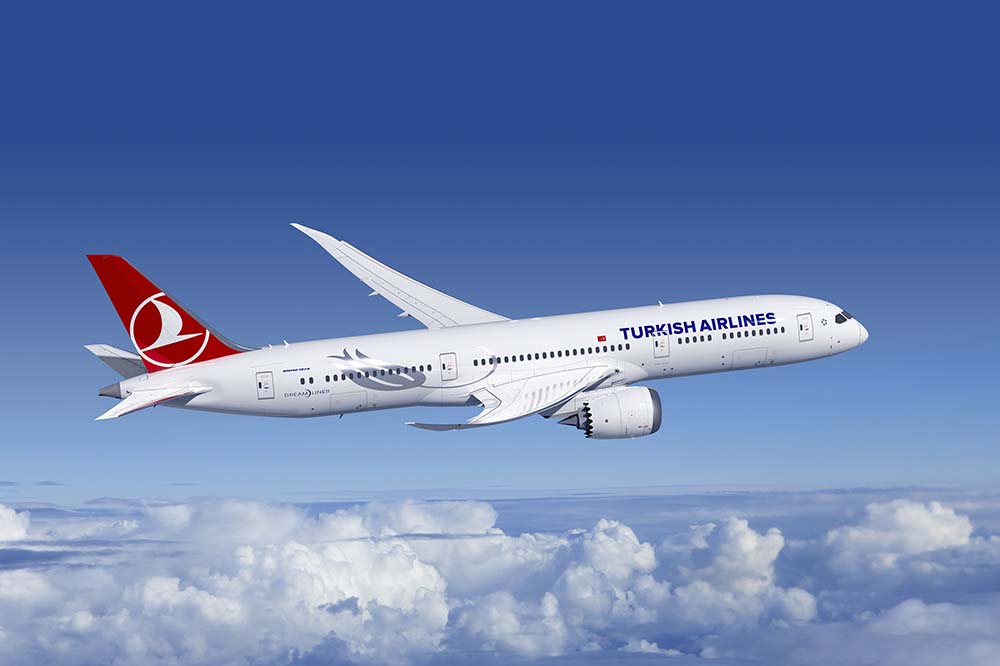
KATHMANDU: Turkish Airlines finished the third quarter of 2022 with $1.5 billion net profit with its operational agility and ability to meet the increasing demand with its highly skilled workforce and wide flight network it preserved during the Covid 19 pandemic. The company managed to conclude its fifth quarter in a row with a net profit despite the difficult operating environment that persisted since 2020.
The total revenue of the airlines during the third quarter of 2022 was $6.1 billion, surpassing the same period in 2019 by 52%. Constituting 14% of the total revenues, cargo revenues increased by 110% compared to the same period in 2019 and were recorded as approximately $880 million.
Despite the disruptions in European airports, Turkish Airlines managed to meet the passenger demand by conducting its operations. In spite of the inflationist pressures on the global scale, the airlines managed to record a net profit during the third quarter of 2022 by lowering its unit expenses excluding fuel by 5% compared to the same period of 2019. As a result, EBITAR (Earnings before interest, taxes, amortisation, and rent), which shows the cash generation potential of the company, was realised as $2.1 billion.
During the third quarter of 2022, passenger capacity exceeded 2019 levels by 16% and Turkish Airlines carried a total of 23 million passengers with 91.4% load factor on domestic flights and 85.3% load factor on international flights. The company's fleet, which is one of the world’s youngest and most modern, owns 390 aircraft — 260 narrow-body, 109 wide-body and 21 cargo.
As Europe’s leader in terms of the number of flights operated by a network carrier during 2021 and the first half of 2022, Turkish Airlines recorded significant success on the global scale in the third quarter of the year by becoming the network carrier that offers more international seat capacity than any other. As the insufficient workforce and infrastructure were deeply felt during the third quarter, the company smoothly carried on its flight operations. While European carriers witnessed 1.7% flight cancellations on average, this rate for Turkish Airlines was at 0.3%. As a result of Turkey’s investments towards aviation infrastructure, İstanbul Airport and Sabiha Gökçen Airport were among the best performers in Europe in terms of on-time departures.
Quadrupling its market share in the cargo transportation market in the last 10 years, Turkish Airlines strengthened its success by being the world’s fourth biggest air cargo carrier according to IATA’s 2022 August data. Moving to SMARTIST, new cargo operations centre built with high technological features in İstanbul Airport in February 2022, Turkish Cargo is aiming to further enhance its position among the leading air cargo brands of the world at its new home.
READ ALSO:
Published Date: November 6, 2022, 12:00 am
Post Comment
E-Magazine
RELATED B360 National




-1772349105.jpg)
